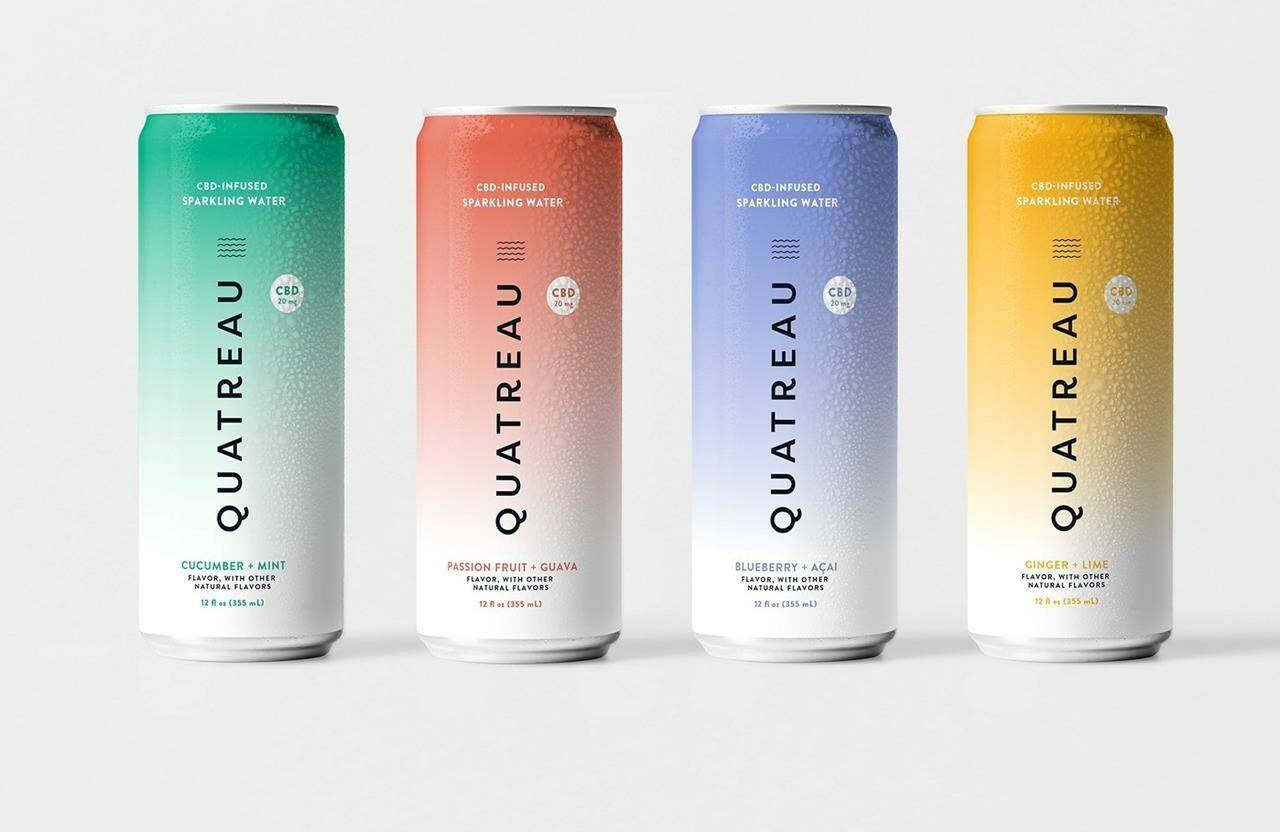Canopy Growth Corp. and its U.S. subsidiary are denying they called their line of cannabidiol beverages Quatreau in order to capitalize on its similarity to the name of orange liqueur company Cointreau Corp.
The Smiths Falls, Ont. cannabis company said in a New York court filing made on Sept. 21 that its Quatreau brand has “not infringed any applicable trademarks under federal or state law,” “is not confusingly similar to” and “has not diluted and is not likely to dilute” Cointreau’s trademarks and name.
Canopy Growth fully or partially denied 112 of the 115 claims the French alcohol maker and its U.S. subsidiary made in a complaint and jury demand filed in July.
The admissions were mostly facts like the company’s address, what flavours of Quatreau drinks it sells and that it is not required to obtain a licence or application to use branding similar to Cointreau’s.
In its complaint, Cointreau, which is pronounced KWAN’troh, accused Canopy of using Quatreau, pronounced KWA’troh, “in order to unfairly capitalize on the goodwill and reputation of the Cointreau mark.”
WHAT’S IN A NAME?: Cointreau maker sues Canopy Growth over similar-sounding drink
“(The) defendants’ wilful actions will not only confuse consumers as to their affiliation with plaintiffs and the Cointreau brand, but will blur the exclusive association plaintiff enjoys between Cointreau and a single source of orange liqueurs,” Cointreau said in the complaint.
Cointreau sought a permanent injunction to keep Canopy from infringing on its trademarks and using any word, term, name, symbol, or device on any product, which is likely to cause confusion.
Cointreau also asked for any profits Canopy made on products with the allegedly infringing trademarks and for the cannabis company to cover its costs and attorney fees.
But Canopy said Cointreau is “not entitled to punitive or exemplary damages under any federal or state law at issue.”
Cointreau and Canopy Growth did not immediately respond to a request for comment.
Canopy’s Quatreau beverages have been available in Canada since last fall and crossed the U.S. border earlier this year. They contain 20 milligrams of cannabidiol, a non-psychoactive component in cannabis, and come in ginger and lime, cucumber and mint, blueberry and açaí, and passion fruit and guava flavours.
Cointreau has been sold in the U.S. since 1885, but its products date back to 1849, when Adolphe and Edouard-Jean Cointreau established a distillery in Angers, France to create spirits using local fruits.
Edouard Cointreau, son of Edouard-Jean, distilled a spirit from sweet and bitter orange peel in 1875 and the first bottles were sold that year.
Tara Deschamps, The Canadian Press

